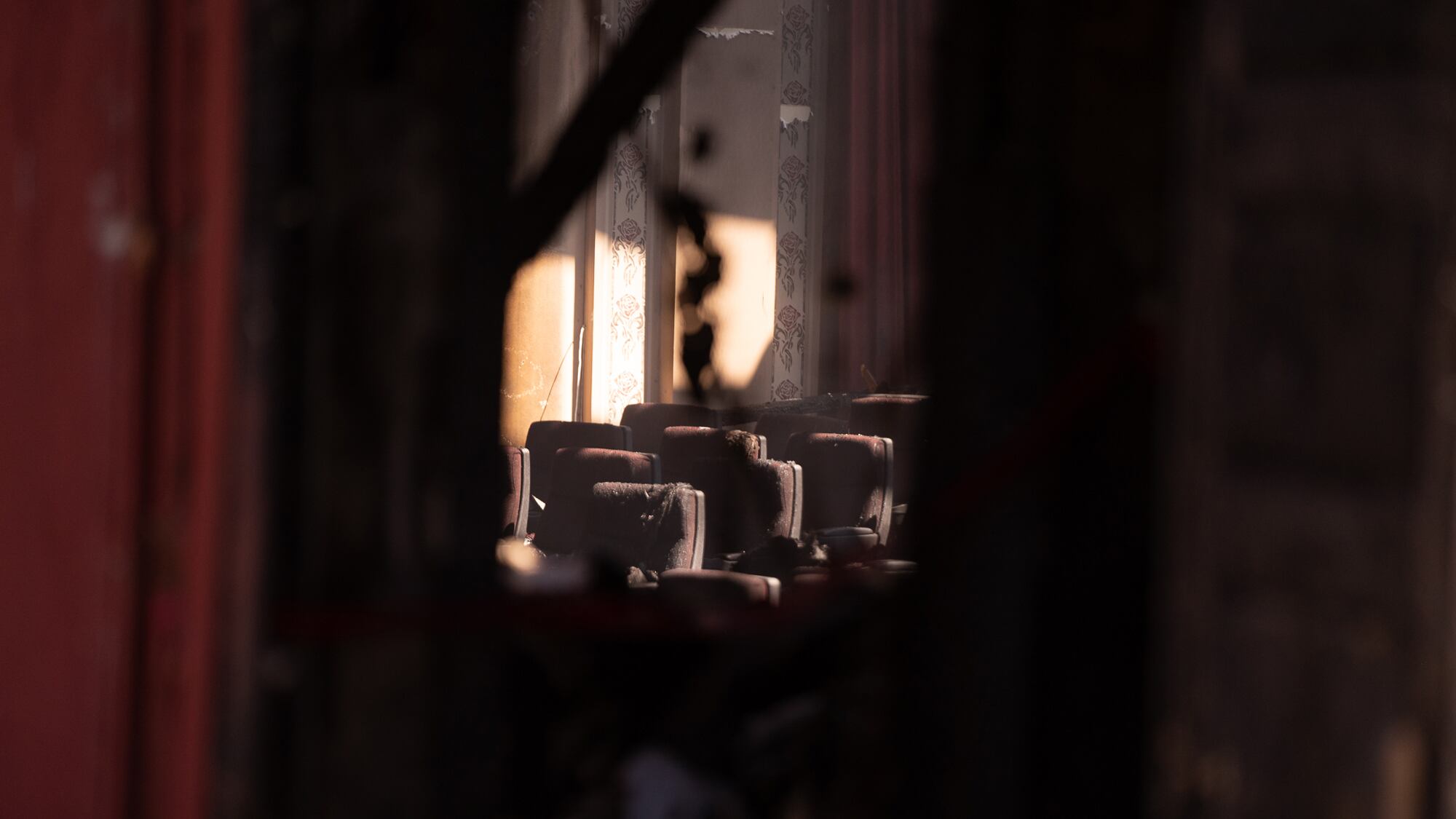LOCAL MUSIC VENUES LOBBY CITY HALL OVER LIVE NATION: Music Portland, an advocacy group for independent artists and music venues, has entered talks with the offices of Mayor Ted Wheeler and City Commissioner Dan Ryan (as well as Travel Portland) about Live Nation’s planned development of a 3,000-seat indoor music venue in the Central Eastside. News of the development, to be built on land owned by Prosper Portland, sent local music venue owners into a tizzy this spring, as WW first reported (“Standing Room Only,” June 15). They see the massive California events promoter as an existential threat because of the exclusive contracts it signs with artists in other cities it has moved into. The discussions matter because Live Nation will have to obtain a conditional land use permit from the city. (The Portland City Council would weigh in only if the permit were denied.) Meara McLaughlin, executive director of Music Portland, tells WW she’s talking to Live Nation representatives, too: “We’re being extremely cautious about a tender music ecology and a potential decimating threat. We look forward to constructive talks, but we understand what we have to lose and we’ll stand firm to protect it.”
FIRE DESTROYS ROSEWAY THEATER: A three-alarm fire Aug. 6 consumed much of the historic Roseway Theater on Northeast Sandy Boulevard. Firefighters, who arrived at the blaze shortly before dawn, had it under control by midmorning, but the results were devastating: a burned roof, a collapsed floor and an uncertain future for the beloved 97-year-old neighborhood movie theater that was restored in 2008. “At this point, the investigators are waiting to enter the structure, so the cause is still under investigation,” Portland Fire & Rescue spokesman Terry Foster tells WW. “I was unable to enter the front of the building. But looking from above, most of the structure is destroyed.” Fire officials could not immediately say how many structure fires they’ve responded to this year.
SECURITY SPAT RESULTS IN NATIONAL LABOR COMPLAINT: Local security companies were outraged when a city of Portland contracting policy resulted in their losing work to out-of-town firms that agreed not to oppose labor organizing (“Insecure,” WW, June 15). Now the National Labor Relations Board is investigating a complaint by one of the local firms, Northwest Enforcement, alleging that several downtown entities entered into a “hot cargo” agreement that led to the awarding of a contract to international security conglomerate GardaWorld. (A hot cargo agreement is a deal between an employer and union in which the employer agrees to hire only companies friendly to that union.) The June complaint names the downtown enhanced service district Clean & Safe, Service Employees International Union Local 49, and the Portland Business Alliance. Clean & Safe, SEIU and PBA did not respond to requests for comment.
REFORMERS LAUNCH MORE EFFORTS TO CHANGE VOTING PROCESS: On Aug. 9, election reform advocates filed two ballot initiatives for 2024 that would change voting in state elections from the current first-past-the-post process to what’s called STAR voting. The acronym stands for “score, then automatic runoff.” It’s another version of ranked-choice voting, a concept that both the city of Portland and Multnomah County are considering as part of their charter reform efforts this year. Chief petitioners for the initiatives, including state Rep. Zach Hudson (D-Troutdale), want voters to rate candidates in state races from zero to five stars, then winnow out the lowest scorers in a series of tallies. Proponents say ranked-choice voting moderates partisan extremes and gives voters more opportunities to make their votes count. “Choosing our elected leaders is the cornerstone of representative democracy,” Hudson says. “It’s important to do this in the best way possible and that represents a consensus of voters.”
METRO REFERS PARKS LEVY: While you were out camping, your ballot got a little longer (and now includes a vote on campgrounds). The Metro Council voted last week to refer a five-year, local option parks levy to the November ballot. The levy would replace an existing one that expires in June 2023. It would charge property taxpayers the same amount as the existing levy—9.6 cents per $1,000 of assessed value—and raise an estimated total of $98.3 million over five years. Metro has previously used large capital bonds, most recently $475 million in 2019, to buy greenspaces and now controls more than 18,000 acres. But those capital bonds can only be used to purchase property, not pay for operations and maintenance. That’s where the operating levy comes in. “Portland Audubon strongly supports the Metro natural areas levy renewal,” says Audubon conservation director Bob Sallinger. “It is a crucial funding mechanism to protect and restore our amazing system of regional natural areas and to connect the community to nature.”

